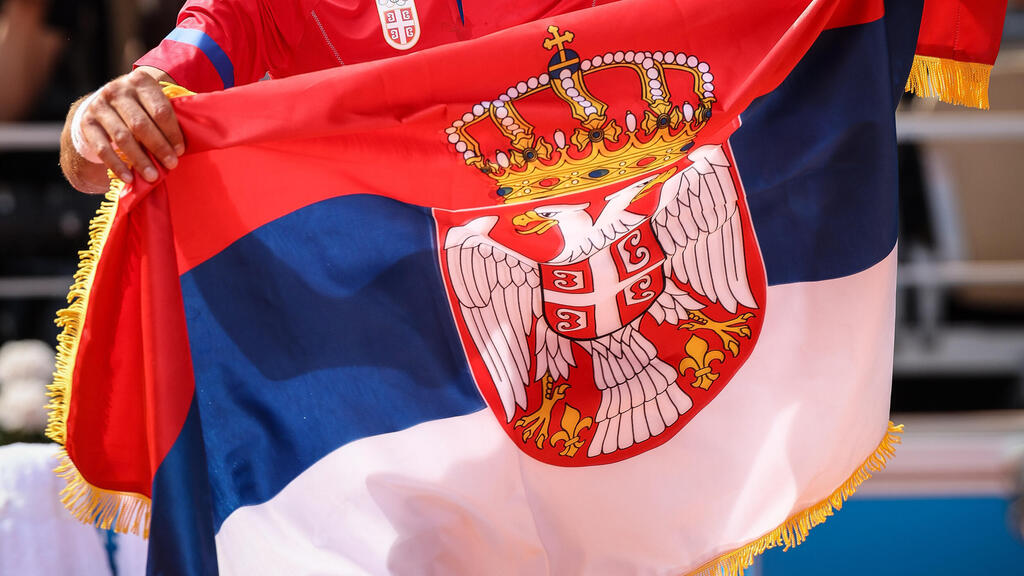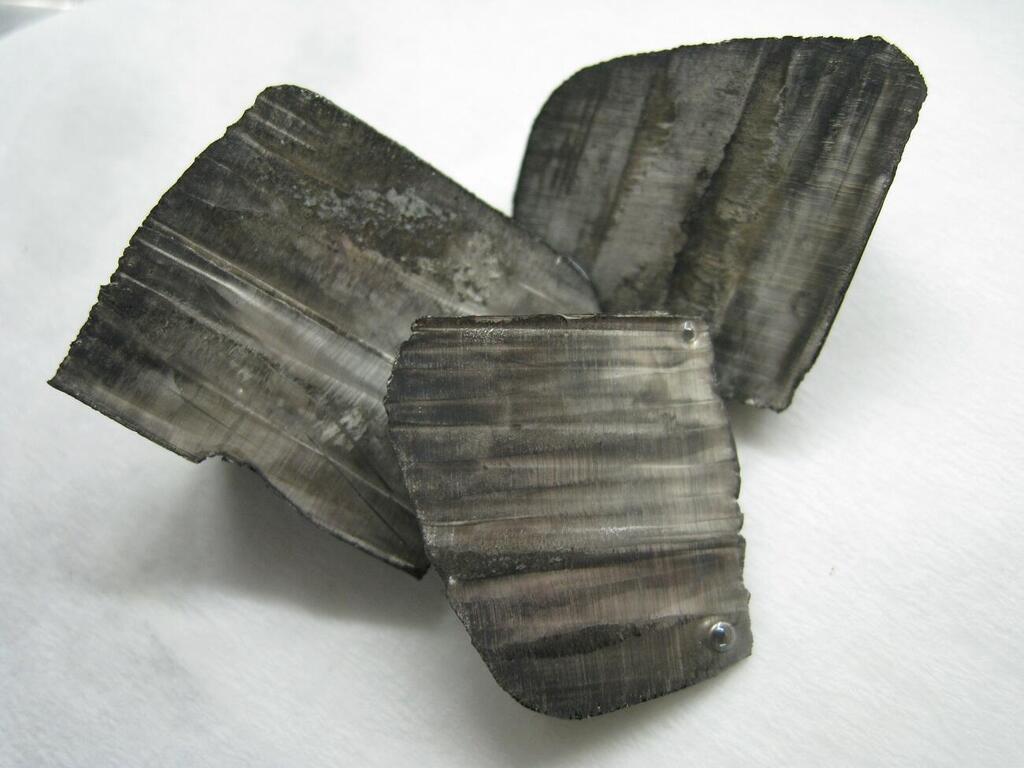Getting your Trinity Audio player ready...
Tens of thousands of people protested in Belgrade and other Serbian cities against Rio Tinto's planned $2.4 billion lithium mining project in the Jadar Valley, citing concerns over potential environmental destruction, pollution of water sources, public health risks, and damage to crucial water reserves and farming land.
The protests attracted large crowds chanting slogans, blocking railway stations, and disrupting traffic to raise awareness. Some protest leaders were briefly detained.
Environmental groups threatened civil disobedience measures if the government did not address pollution concerns by a set deadline and demanded a ban on all lithium and boron mining in Serbia.
The Serbian government, with support from the EU and German Chancellor Olaf Scholz, controversially reinstated Rio Tinto's mining license after previous cancellations, claiming it will uphold high environmental standards.
The government signed a deal with the EU on critical raw materials, including lithium, aiming to reduce imports from China and develop Serbia's lithium resources for electric vehicle batteries and a value chain for batteries and EVs.
The EU memorandum on mining lithium and other key materials for green transition would bring Serbia closer to the bloc and decrease Europe's lithium battery and electric car imports from China, according to the government's plans to develop a "value chain" linked to battery production.
The government accused protesters of trying to stage a coup against President Vucic, while President Vučić promised strict environmental safety protocols and vowed that no mining operations would start without established environmental safety guarantees.
The Serbian government claims the mine will boost the economy, but critics warn of serious ecological risks.
The government has set up a medical team and call center to address citizen concerns about the mine and monitor health hazards, while locals strongly oppose the mine and are willing to take action to prevent it.
The Serbian government revived the mining project despite past protests, with government officials claiming the current protests are politically motivated and aim to overthrow President Aleksandar Vucic's government.
Rio Tinto's mining license was initially revoked in 2022 but was later reinstated after a court decision and government reversal, sparking controversy and demands from protesters for Rio Tinto to leave Serbia.
Serbian officials have compared the protests to the Maidan uprising in Ukraine and launched campaigns to counter the movement.
Government officials dismissed the protests as politically motivated and aimed at destabilizing President Vucic's administration, with concerns of a potential coup in Serbia raised by authorities following the protests. Russian intelligence also warned of a possible coup in Serbia with Western support.
This article was written in collaboration with Generative AI news company Alchemiq
Sources: The Guardian, BBC, AP News, Bloomberg, DW, South China Morning Post, Al Jazeera, Times of India, Yahoo News, Newsmax, Indian Express, Bernama, IntelliNews, RFE/RL, News Directory 3, Anadolu Agency, Stabroek News.



